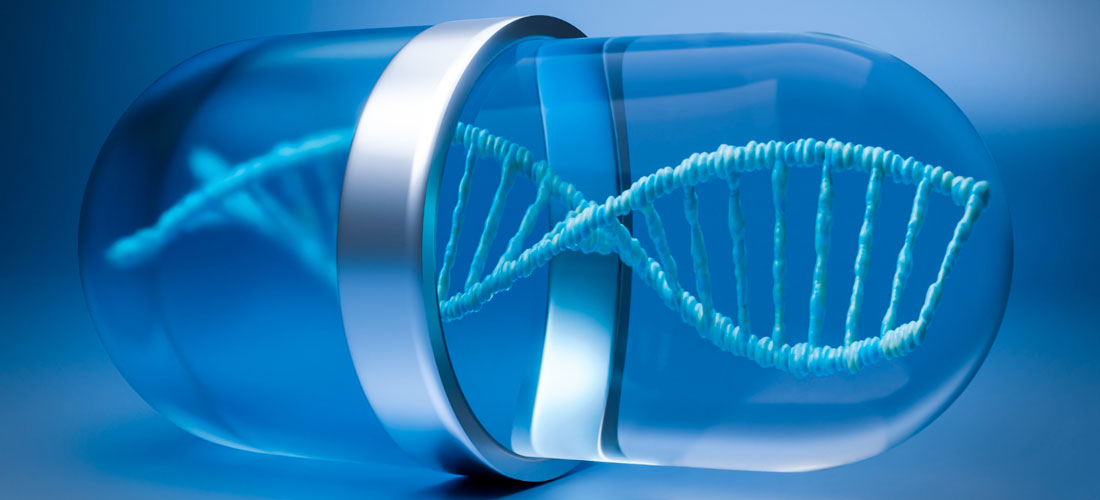Genetic evolution of pathogens refers to the processes through which microorganisms such as bacteria, viruses, fungi, and parasites undergo genetic changes—through mutation, gene transfer, recombination, or selection—that enhance their survival and virulence. When these adaptations confer survival advantages against antimicrobial agents, they result in antimicrobial resistance (AMR).

The rapid genetic evolution of infectious pathogens presents one of the most significant challenges to global health. As pathogens adapt through mutation and horizontal gene transfer, they can gain resistance to existing antimicrobials, evade immune responses, and develop enhanced transmissibility.
This session will examine the molecular drivers and evolutionary mechanisms behind antimicrobial resistance, emphasizing the role of genomics, transcriptomics, and evolutionary biology in tracking and combating pathogen evolution.
Key areas of focus:
- Mechanisms of mutation and gene acquisition in pathogens
- Horizontal gene transfer and mobile genetic elements (plasmids, transposons, integrons)
- Evolution of resistance in bacteria, viruses (e.g., HIV, influenza), and parasites (e.g., Plasmodium)
- Genomic surveillance and pathogen evolution tracking tools
- Selective pressure from antibiotics in healthcare and agriculture
- Bioinformatics and AI in predicting resistance evolution
- Evolutionary fitness, compensatory mutations, and resistance persistence
- Implications for vaccine development and antimicrobial drug design
This session is ideal for geneticists, microbiologists, evolutionary biologists, clinicians, and bioinformaticians seeking to stay at the forefront of AMR research and pathogen evolution.